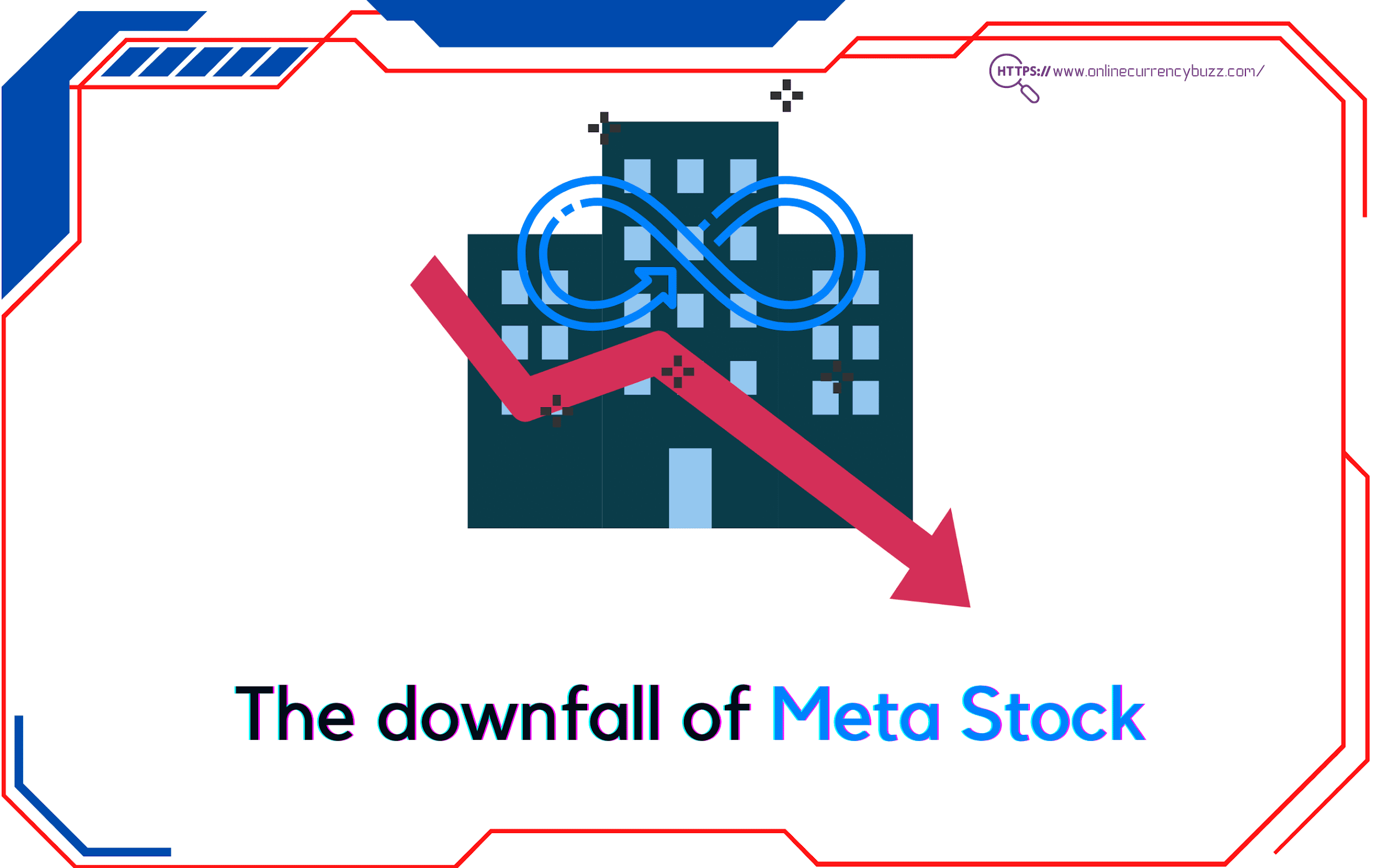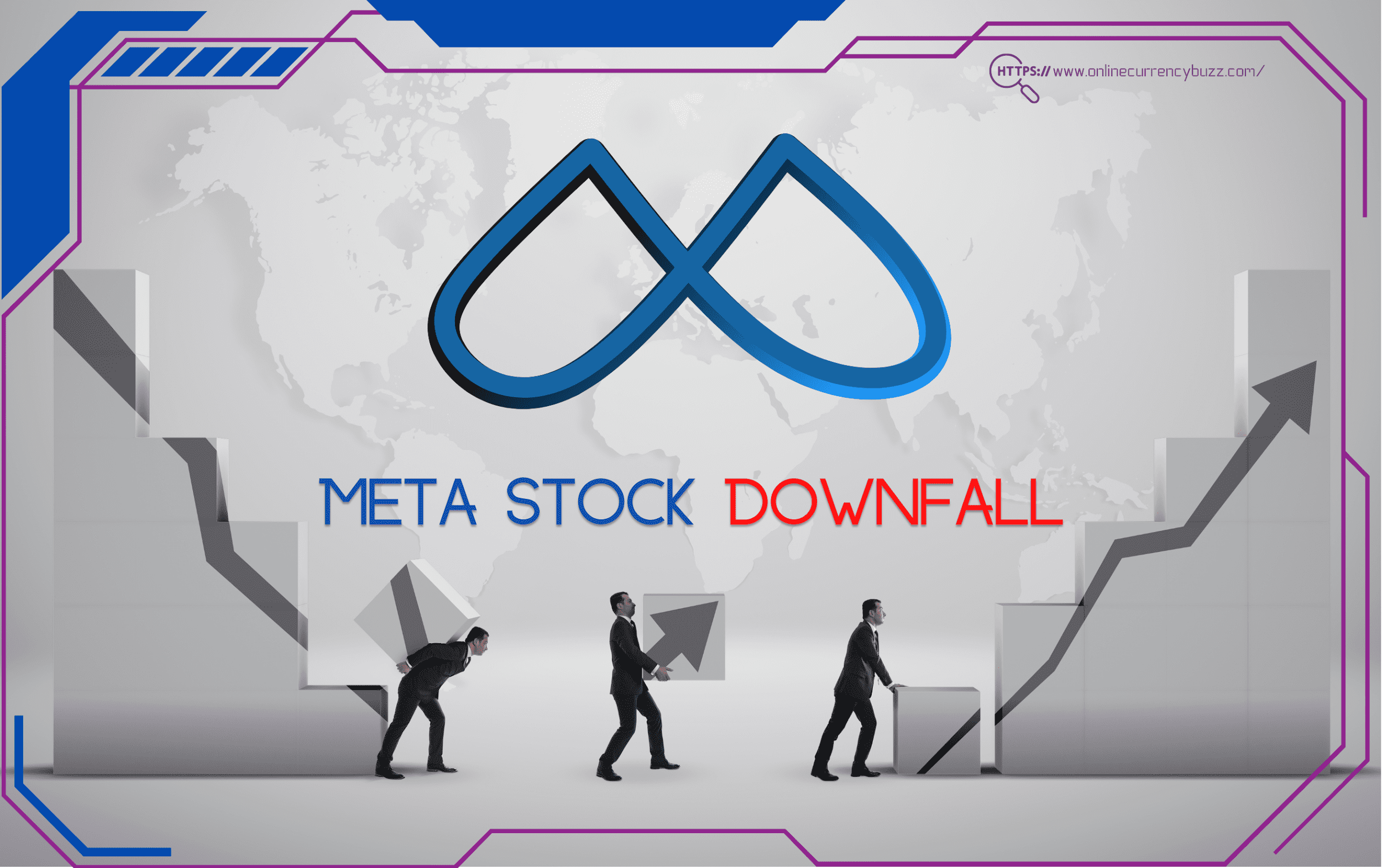
The Downfall of Meta Stock and The Future of Metaverse
The Facebook parent company, Meta, is betting heavily on VR, but it looks like a terrible idea. Meta stock has been having a difficult time of it in 2022 because shares of Meta have lost around 73 percent during the previous year.
As a result, Meta stock is now the worst-performing stock in the S&P 500 for 2022.
Why do we see such a decline? Is this the last chapter of Metaverse? In what way does Mark Zuckerberg relate to this? In this post, we shall explain how Meta’s empire came to its knees in as few words as possible.
What Is Metaverse?

A metaverse is a digital universe that combines the aspects of both the real and virtual worlds. It is a playground where you can explore and connect with different scenarios, experiences, and objects.
It has been around for years, but they have been gaining more attention recently because of the growing popularity of online platforms like Second Life and Minecraft.
The origin of Metaverse started with the name itself. Neil Stevenson used the word “metaverse” for the first time in his 1982 book Snow Crash. The SEGA VR-1 motion simulator was a big hit in arcades worldwide in the early 1990s. Palmer Luckey made the prototype of the Oculus Rift virtual reality headset in 2010. He was only 18 years old at the time. In his 2011 book, Ready Player One, author Ernest Cline gave us another look at a virtual reality paradise. Steven Spielberg’s movie adaptation of his book came out in 2018. From there, the concept of metaverse was on a roll.
Mark Zuckerberg, the CEO of Facebook, said the company would work with Oculus to make new content for the platform. Google released the Cardboard device, and the Google Glass augmented reality glasses in 2014. Eventually, Sony and Samsung also released VR goggles at the same time. Google Cardboard is a virtual reality (VR) viewer for smartphones that cost little.
The Downfall of Meta Stock and Metaverse?

Even though it seems like a long time ago, things were very different, even just a few years ago. Before COVID-19 spread worldwide, the company added at least 100 million new active users every year. In 2020, when the world was locked down, and online activity went up, it added 300 million new users.
Many people think Zuckerberg got into the mess he is in now because he was gambling at the time. He thought the sharp rise in the amount of time people spend online would keep the engine of progress going for a long time into the next decade. Facebook had a different effect. We saw growth slow down, and the number of users stayed about the same at about 50 million over the past year.
This is a huge step forward for such a small business. This is a scary fall for someone who told Time magazine in 2014 that he wants to connect everyone on Earth. Since 2017, the value of his company has dropped by almost $700 billion. This should worry his owners and investors. That’s the same as $670 billion, or 67% of the peak value of $1 trillion in 2021.
The Future of Meta Stock And Metaverse

With this in mind, it’s reasonable to wonder if the metaverse idea, for all the fuss it’s made, is doomed to fail. How will a blockchain company solve this problem if a massive company like Facebook, which has spent tens of billions of dollars on it, hasn’t figured it out yet?
Investors are wary. The company’s future depends on how well virtual reality works as an industry and if the technology can keep up with Meta’s growth.
The move from hardware to software by IBM and Microsoft took years. Thus, Meta’s early results have been disappointing. In the first nine months, Reality Labs, Meta’s virtual worlds division, lost $9.4 billion.
Consumers aren’t flocking to the metaverse, so investors are concerned. Wall Street cares more about short-term results than Silicon Valley does about making predictions for the long term.
According to the Wall Street Journal, fewer than 200,000 unique visitors log in to Horizon Worlds monthly.
Do you think that Metaverse is dying? Or, to be more dramatic, is this the end of social media? Twitter is cutting costs even more now that Elon Musk is its new CEO. After buying the platform, Musk plans to fire half of the staff within a few days because the company’s income will drop significantly. Employees are now threatening to quit because they don’t want to be forced to work on a dangerous and unfriendly platform. The parallels across social media platforms are terrifying in this time and age.
Conclusion
There are solutions if only the problems are recognized by themselves first. Instead of making a network like Web 3.0, which is not centralized, the CEO of Facebook made a walled garden where he could control everything. Like the old Facebook, Zuckerberg’s metaverse is a gatekeeper and a tax collector, and people don’t like it. Putting more effort into that goal will speed up the end of his business.